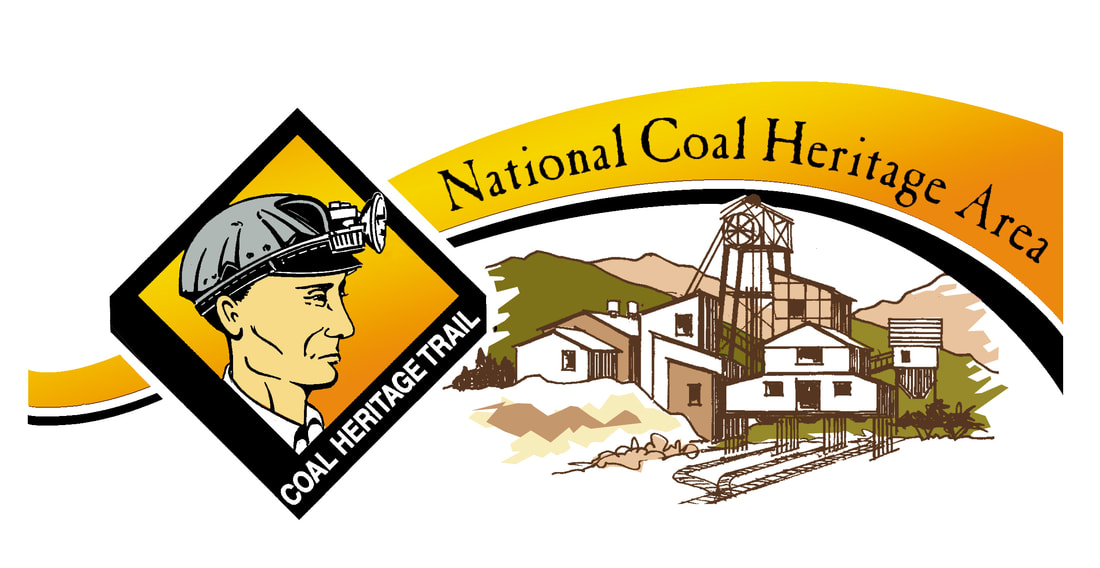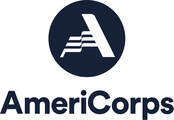 To support community efforts to preserve, interpret and promote coal heritage resources, the National Coal Heritage Area Authority announces a grant round for eligible projects within the National Coal Heritage Area. The NCHA encompasses 13 counties in southern West Virginia: Boone, Cabell, Fayette, Lincoln, Logan, McDowell, Mercer, Mingo, Raleigh, Summers, Wayne, Wyoming and the Paint Creek and Cabin Creek watersheds in Kanawha County. Organizations eligible for grant awards are legally established non-profit organizations and institutions (recognized by the IRS) and public and governmental organizations including county and municipal governments, state agencies, economic development authorities and educational institutions, including public and private not-for-profit schools. Applicant organizations must provide 50% of the project cost and may request grants ranging from $1,250 to $15,000 with the remainder provided in documented matching funds. Applications are due by 5:00 PM, April 13, 2018 to the NCHA office. The NCHA management plan identifies interpretive themes for the area. Each project must address at least one of the interpretive themes in some manner and could go across several thematic areas. Both interpretive themes and eligible funding categories are listed below. For a full packet of information and to consult about your project, contact NCHA staff - www.coalheritage.org/Contact.aspx Interpretive Themes
Eligible Funding Categories Interpretation and Heritage Programming: (Grant awards range from $ 1,250 - $10,000) Projects must create or further develop interpretive opportunities related to coal heritage within the National Coal Heritage Area incorporating at least one of the interpretive themes. Examples of eligible projects are interpretive brochures and guides, performances and performance spaces, interpretive exhibits, creation of public art exhibits and development of interpretive signs and brochures for walking/biking trails. It can include community or school based heritage education projects. Designs for printed materials, signage design and interpretive plans must be approved by the National Coal Heritage Area Authority before printing or fabrication of signs begins. Exterior interpretive signage must use the graphic design template currently in use by the National Coal Heritage Area. Historical markers will be allowed under this category, but must be a part of the Division of Culture and History’s historical marker program and must include adequate space for a minimum of two vehicles to safely pull off the road. Historic Preservation and Resource Stewardship: (Grant awards range from $ 1,250 - $15,000) Projects in this category must further the preservation, protection, and/or restoration of historic properites, landscapes and cultural resources with the National Coal Heritage Area and be directly connected to the interpretive themes of the National Coal Heritage Area. All structures must be listed on the National Register of Historic Places or determined as eligible for listing by the State Historic Preservation Office. Preservation and restoration of historic structures must adhere to the Secretary of the Interior’s “Standards for Treatment of Historic Properties.” All preservation projects are subject to approval of the WV State Historic Preservation Office and may not proceed until written notice from SHPO is received. Examples of eligible projects are development of a historic preservation master plan for an existing National Register district or structure, structural analysis for the purpose of stabilizing an eligilble structure and interior and exterior rehabilitation. (Contact the State Historic Preservation Office, 304-558-0220 for technical assistance in determining eligibility of structures.) Archives and Historical Record Collection: (Grant awards range from $ 1,250 - $10,000) Grants within this category will serve to increase the public’s access to historical records and documents or to preserve paper-based archival documents. Examples of possible projects include collecting and cataloguing archival documents to be made available to the public and creation of systems to allow on-line access to document images. All work done under this category must focus on improving the public’s access to archival information, but may not include ongoing operational expenses of operating an archival facility. A catalogue of material collected and archived under this grant category must be published and made available to the public either on-line or in print and a copy provided to the National Coal Heritage Area Authority. Greenways, Public Parks and Non-motorized Trails: (Grant awards range from $ 1,250 - $15,000) Grants within this category must focus on creating outdoor interpretive spaces, be open to the general public and be generally accessible to the traveling public. Example of projects could include a trailhead facility that relates to the coal heritage of the area, interpretive materials, water trail access, roadside pull-offs featuring interpretive signage and/or historical markers, gateways to coal communities and non-motorized trails that connect historic resources. Design plans and feasibility studies for these types of projects are also considered to be eligible. In general playgrounds and recreational facilities will not be eligible for funding, unless they contain an interpretive element. Plans for maintenance of the site must be clearly defined with a responsible entity identified. All design plans for approved projects must be submitted to the National Coal Heritage Area Authority for approval before actual construction begins. Educational Activities and Events: (Grant awards range from $1,250 to $2,500) Grants within this category will focus on providing education opportunities within the community or schools. Educational activities should focus on preserving and sharing the history of the region with children, young adults or community members or involving those groups in collecting and preserving history. Eligible activities include: Field trips when combined with other educational activities, art projects that explore the history and culture of coal and coal communities, including drama, literature, photography, visual arts, music, dance, public art projects, special speakers or presentations when combined with other educational activities, historical research and documentation including oral and family histories and digital stories created by students and community members, and workshops or presentations designed to assist communities in preserving and interpreting their history.
3 Comments
6/17/2023 09:04:10 am
Impressive work! Keep sharing such valuable content. If you're in need of professional services, be sure to check out what we have to offer.
Reply
7/14/2023 01:25:47 pm
Thanks for sharing these guidelines. Hopefully, many will apply for these grants.
Reply
7/15/2024 01:08:19 am
Thank you for sharing this valuable information. My friend and I were just starting our research on this topic.
Reply
Leave a Reply. |
News and NotesCategories
All
Archives
May 2024
Subscribe to our mailing list to receive e-news updates on historic preservation news and events in West Virginia.
|
Get Involved |
Programs |
Contact UsPreservation Alliance of West Virginia
421 Davis Avenue, #4 | Elkins, WV 26241 Email: [email protected] Phone: 304-345-6005 |
Organizational Partners:
© COPYRIGHT 2022 - PRESERVATION ALLIANCE OF WEST VIRGINIA. ALL RIGHTS RESERVED.

 RSS Feed
RSS Feed



